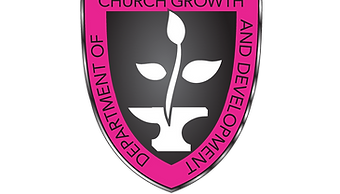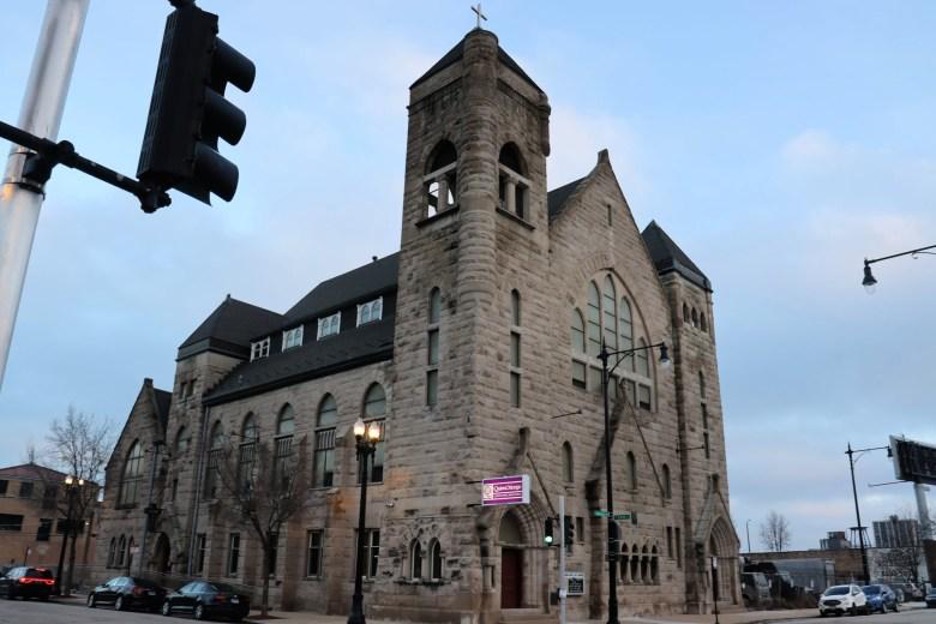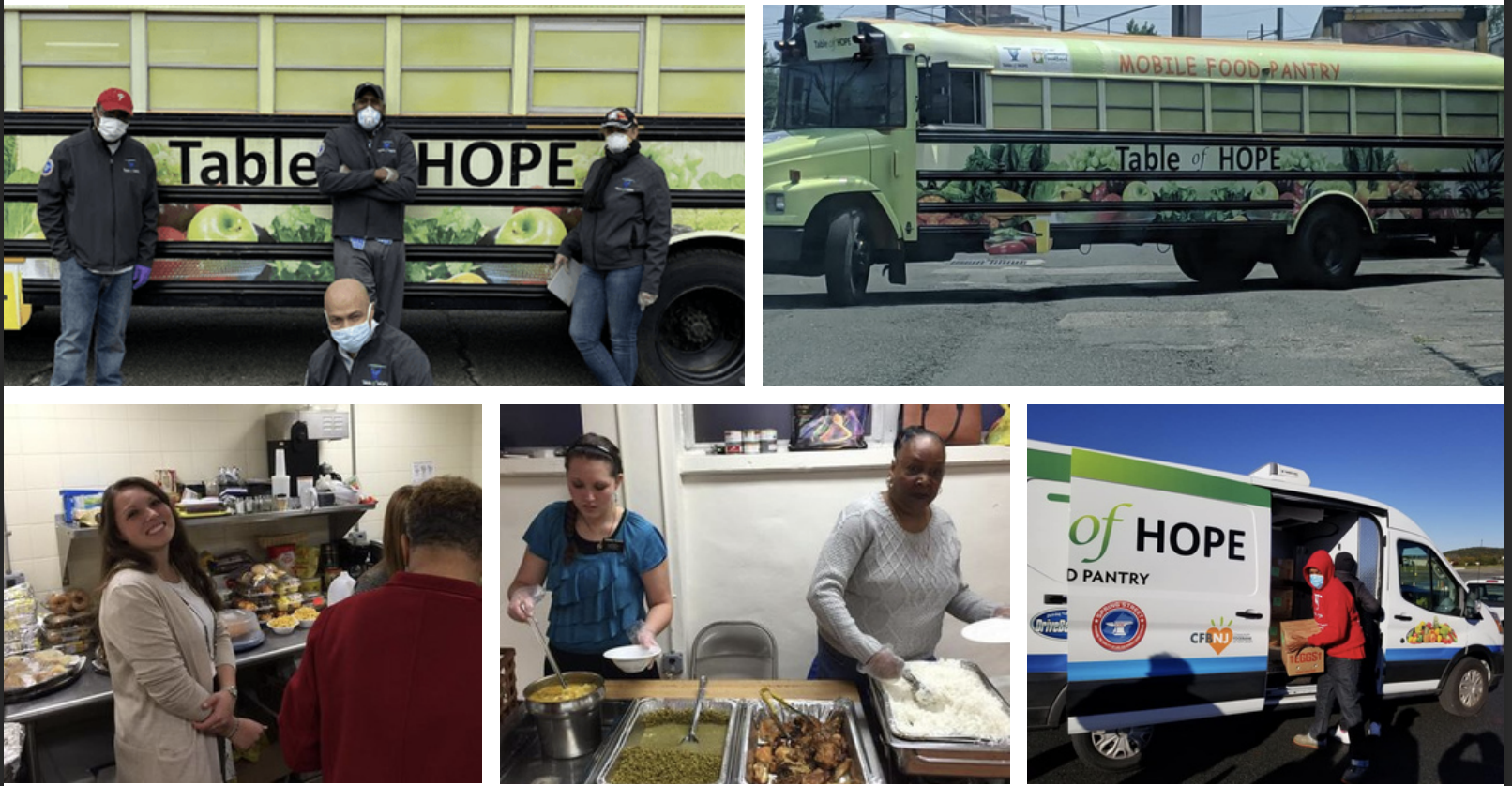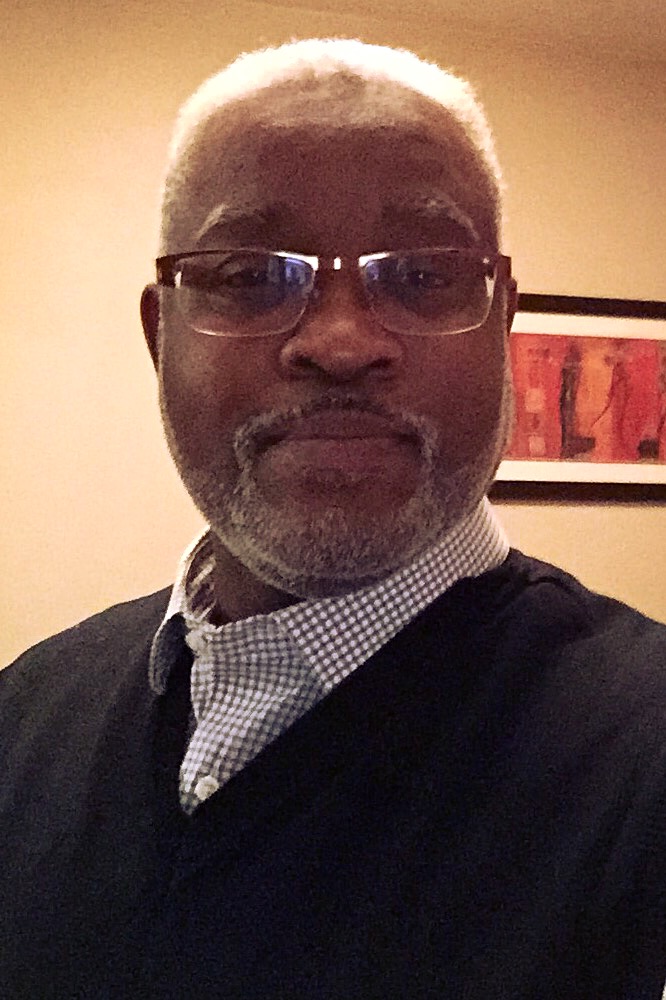Think.Heal.Thrive.:The Church’s Response to Human Trafficking
By Rev. Shakira Sanchez-Collins, MD
With the recent coverage of the arrest and subsequent suicide of Jeffery Epstein, a wealthy man based in New York City, there has been more attention placed on human trafficking within the United States. Human trafficking is one of the fastest-growing criminal industries in the world, creating billions of dollars in profits each year. In fact, according to the International Labor Organization, there are an estimated 40.3 million people who are in modern slavery including 24.9 million people in forced labor and 15.4 million people in forced marriage. Of those 24.9 million people who are in forced labor, 4.8 million people are in forced sexual exploitation worldwide.
Human trafficking is not just a global issue but it occurs in our local communities whether urban, suburban, or rural neighborhoods. Human trafficking tends to target the vulnerable including but not limited to the poor, marginalized, homeless, and victims of violence and abuse. Globally, women and children make up 99% of victims in the commercial sex industry, according to the International Labor Organization. In the United States, black children comprise more than half of the prostitution arrests for those under 18 years of age, based on yearly statistics from the Federal Bureau of Investigation (US). Thus, black American children represent a majority of those who are victims of this form of modern slavery in the United States.
The AME Church has a history of helping those escaping slavery during the eighteenth and nineteenth centuries. In modern times, however, slavery has evolved into new forms where the exploitation of human beings is hidden in plain sight. As an integral part of the African-American community, churches must respond to the modern slavery crisis.
Here are some helpful guidelines. Take notice. According to the Polaris Project, a nonprofit organization focused on eradicating modern slavery, there are warning signs that can be easily overlooked. Indications of human trafficking may look different for different cases and may not present themselves in all cases; yet, some victims may appear malnourished, show signs of physical abuse, exhibit abnormal behavior such as submissiveness or fear, lack control of money or possessions, or share scripted or inconsistent information.
Make calls. Connect with local human trafficking organizations in your community who can provide resources and training on how to assist in your community response. In the United States, contact the National Human Trafficking Resource Center (1-888-373-7888) which is available 24 hours a day and 7 days a week.
Pray. Lift up the victims of human trafficking in both personal and communal prayer. Pray that humans will be set free from the bondage driven by greed and evil in our world today.
The Rev. Shakira Sanchez-Collins, MD is a physician, ordained minister, and health advocate. She writes about issues pertinent to the health, well-being, and lifestyle in communities of color.





